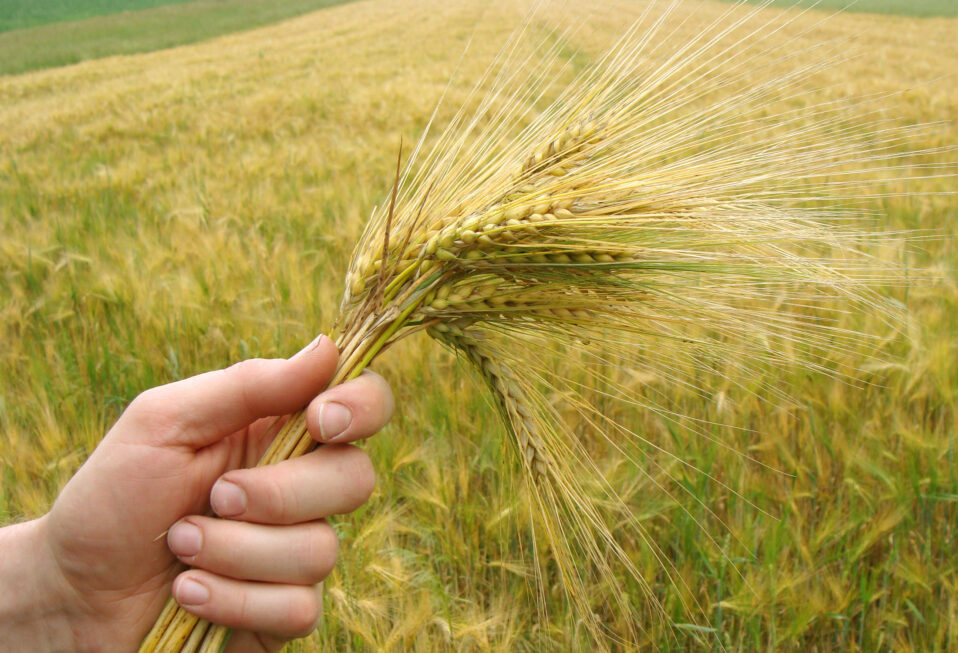“When you reap the harvest of your land, you shall not wholly reap the corners of your field when you reap, nor shall you gather any gleaning from your harvest. You shall leave them for the poor and for the stranger: I am the LORD your God” (Leviticus 23:22 NKJV).
Farming in the ancient world was incredibly difficult. A farmer had to plow his field—most often with oxen—then sow the seed into the broken-up earth. He then prayed for rain, because if the rains didn’t come within about a week, the seed he had sowed would be useless and would not produce a crop. After the rains he waited, letting his crop grow.
Then came the time to harvest. Having toiled in his field under the scorching sun, sowing seed in the hope of a growing crop, he received the reward for his hard labor, prayers, and patience. And then he was told to leave the edges of his fields unharvested and not to pick up whatever fell during the harvest. These—the edges of his field and the gleanings—belonged to the poor and foreigners. Doesn’t seem fair, does it?
The field belonged to him, and so did its crops. Yet God required that Israelite farmers leave the edges and the gleanings for the poor and foreigners.
We know that ancient Israelite farmers did exactly as God commanded. The story of Ruth and Naomi demonstrates this. Naomi instructed Ruth to gather the gleanings, which she was permitted to do and did.
Biblical spirituality assumes that we care about the well-being of those around us. One of the fascinating things about the law God gave Israel was that in very practical, everyday activities, God called upon the Israelites to demonstrate their obedience to Him.
He concludes the law of the gleanings with the statement: “I am the Lord your God.” You mean we demonstrate God’s lordship in how we care for the poor and the foreigner in our midst? Yes!
We show our relationship to God in how we treat others, especially those who are less fortunate and are outcast within our society. God blessed the work of the farmer by sending rain in its season so the crops would grow. In response, the farmer left portions of his field and harvest to those who had no claim to it.
Do we look at those in our culture who have no claim to what is ours and say, “God has blessed me, so what I have I share with you?” We proclaim God’s lordship in our generosity to others, especially the poor and foreigners.
PRAYER
Father, today I choose to follow, obey, and pursue You, the source of all life. Please bring the freshness and newness of Your life-giving water into the dry places of my heart for Your glory. Amen.




Post a comment